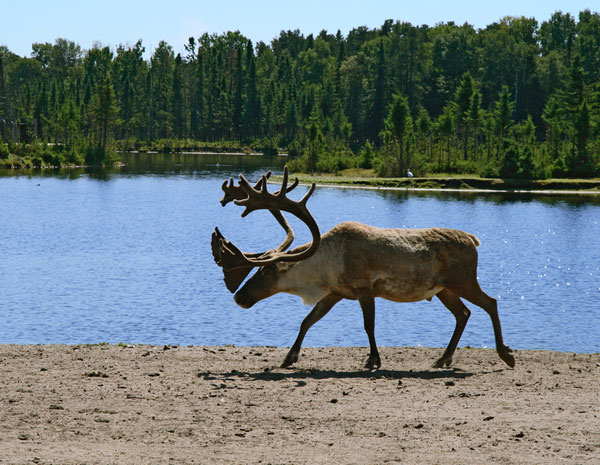Opinion: Canada founded on a dependent-relational ethic of First Nations people
- Dr. Glen S. Aikenhead | December 03, 2015
Letter writer Flo Saworski (Saskatoon StarPhoenix, Nov. 25) would have us believe that “Immigrants or refugees should be reminded that this country was founded on a Judeo-Christian ethic.” As we know, this ethic teaches that humans are of greater importance than the Earth’s animals, plants, and resources.
But I see our country’s history quite differently. It was actually founded on a dependent-relational ethic of First Nations people, which understands that humans are of equal or less importance to the greater-than-human world we call nature.
The Judeo-Christian ethics people were European immigrants or refugees who would have died from hunger and the cold if the dependent-relational ethics people had not extended a helping hand to show them how to survive on Turtle Island. To quote from Doug Cuthand’s Saskatoon StarPhoenix June 18, 2015, column: “They didn’t discover a country, they were introduced to one.”
These First Nations people were extremely tolerant over how the original immigrants or refugees conducted themselves. Early nation-to-nation treaties established this tolerance. And how did that work out? The Europeans eventually colonized the dependent-relational ethics people oppressively. Today’s immigrants or refugees from Syria have no such agenda for Canada.
A Judeo-Christian ethic justifies human control over the planet and, as it would seem, over other nations. The 1452 Doctrine of Christian Nations (a.k.a. Doctrine of Discovery) continues to serve as a principle in the US Supreme Court today.
A dependent-relational ethic teaches cooperation with Mother Earth – the gold standard of sustainability – and an acceptance of fellow humans. Especially when 250,000 refugees are coming to Turtle Island soon, Saskatchewan people like Saworski have important lessons to learn from dependent-relational people.
Dr. Glen S. Aikenhead, Professor Emeritus
Aboriginal Education Research Centre
University of Saskatchewan

